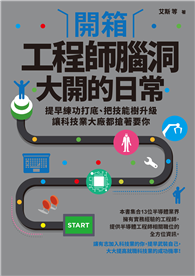This accessible edited collection provides global context for undergraduate and postgraduate students studying the sociology of work and organisations. Composed of short, example-led chapters, this book covers a wide range of contemporary topics, including the COVID-19 pandemic, the digitalisation of work, the gig economy, and the shifting roles of women and other marginalised groups.
The book’s innovative approach uses case studies as diverse as work-life balance in China, gender pay inequity in Britain and Germany, and the exploitation of workers on the Mexico-US border, to incorporate perspectives from both the Global North and South and provide students with the tools to analyse new developments in the rapidly changing world of work. The book is particularly concerned with inequalities and marginalisation in the workplace, discussing discrimination against women, ethnic minorities, migrants, and older workers. The book also explores how increasing digitalisation, the rise of the gig economy and the COVID-19 pandemic have impacted working practices and how this relates to precarious employment. Other chapters are dedicated to issues of workplace organisation, including female leadership, work-life balance, and well-being. The book goes on to explore how climate change and policies such as Universal Basic Income may shape the future of work in the near future.
Each chapter also includes useful pedagogical resources including practice exam questions, key concepts and definitions, and further readings. Therefore, the book will be therefore essential reading for undergraduate and postgraduate students studying the sociology of work, business management, and organisation.












